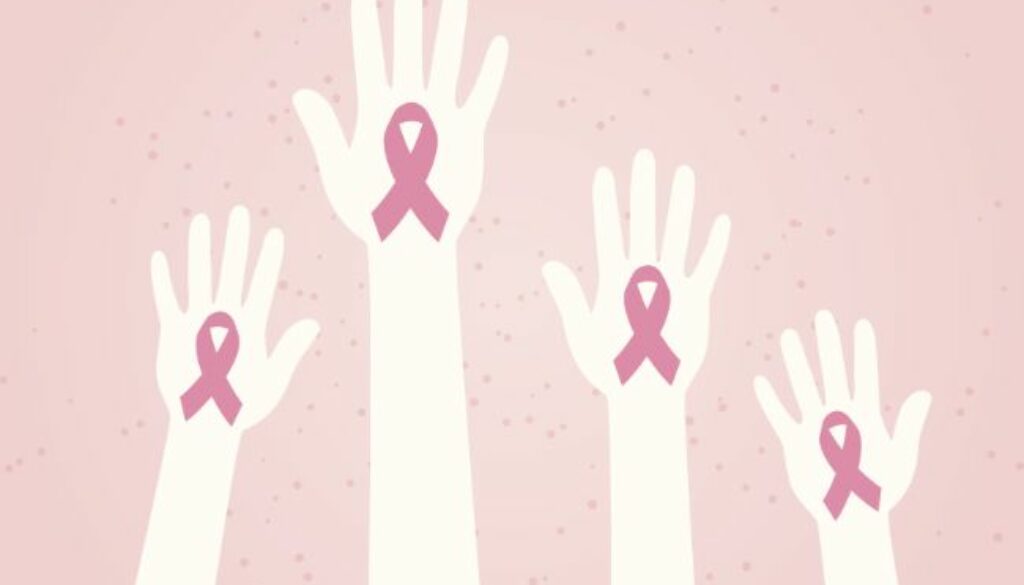Inflammatory Breast Cancer: Symptoms and Prognosis
What Is Inflammatory Breast Cancer?
October is National Breast Cancer Awareness Month, so our blog posts for this month will provide educational information on inflammatory breast cancer and BRCA testing.
Inflammatory breast cancer is an aggressive, rare type of breast cancer that causes swelling, tenderness, redness and warmth in the breast. It accounts for 1 to 5 percent of all breast cancers! In this particular type, cancerous cells block lymph vessels, causing swelling, pain and itchiness. Because this is an aggressive form of breast cancer, those with inflammatory breast cancer are sometimes encouraged to enroll in clinical trials.
Inflammatory breast cancer is more common in African American women and is often diagnosed at a younger age than other types of breast cancer. Traditional hormone therapies may not be effective against it. In addition, the breast sometimes has a solid tumor, which may or may not be felt during a physical exam.
What Are the Symptoms?
Symptoms of inflammatory breast cancer include:
- · Swelling and redness that affects a third or more of the breast
- · Breast skin that appears pink, reddish-purple or bruised
- · An increase in breast size
- · A sensation of heaviness, burning or tenderness
- · Swollen lymph nodes
- · Inverted nipple
- · Skin that has the texture of an orange peel
- · One breast that appears larger than the other
- · Tenderness, pain, or itchiness in the breast
Inflammatory breast cancer is difficult to diagnose because these symptoms can also be signs of other diseases, and it can be difficult to detect on a screening mammogram. If you experience any of these symptoms, you should contact your doctor.
The Prognosis
Many factors affect the prognosis of those with inflammatory breast cancer, including the type, stage and location of the cancer, as well as the patient’s age and overall health. Because inflammatory breast cancer is so aggressive, the survival rate is not as high as it is for women with other types of breast cancer.




